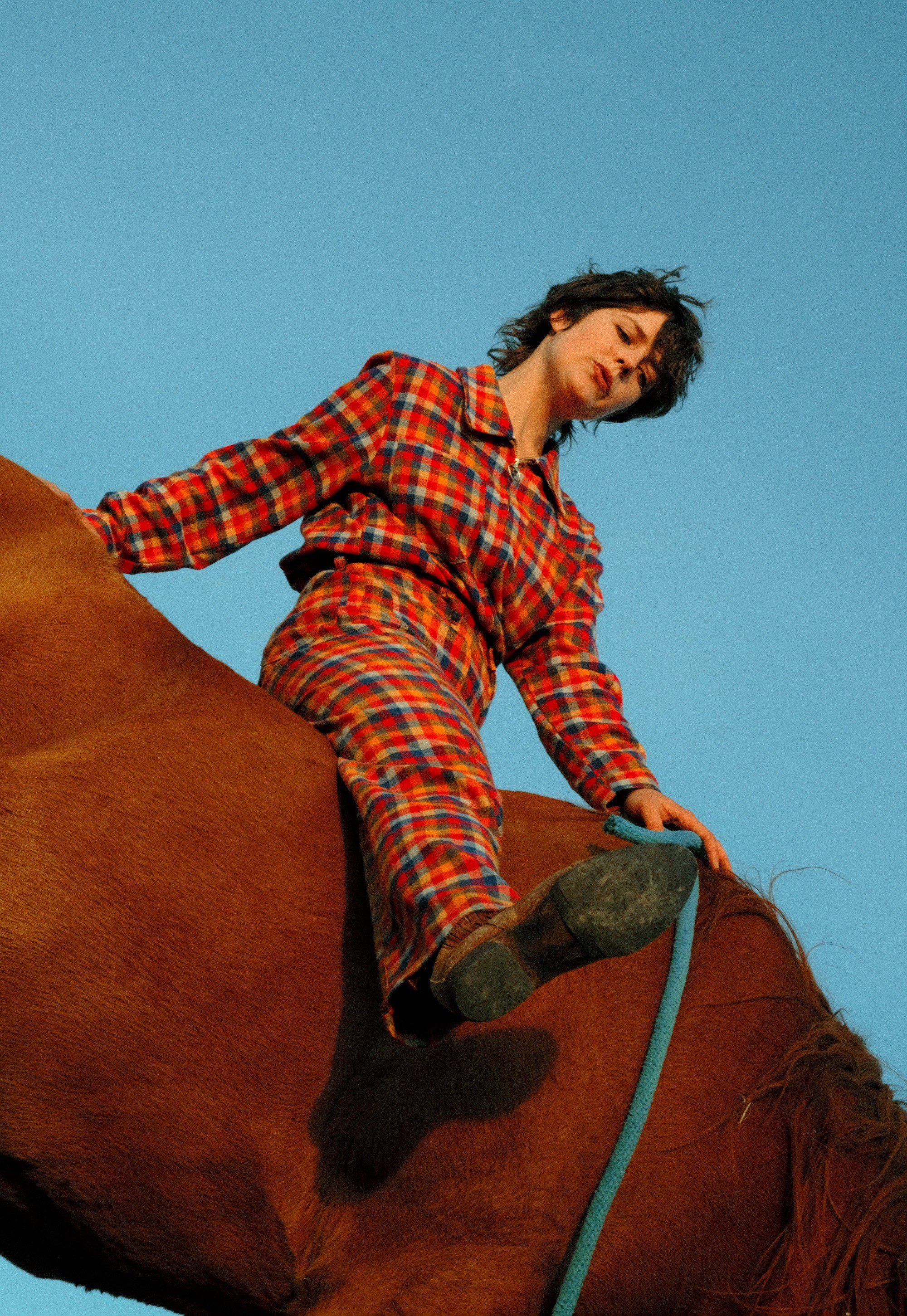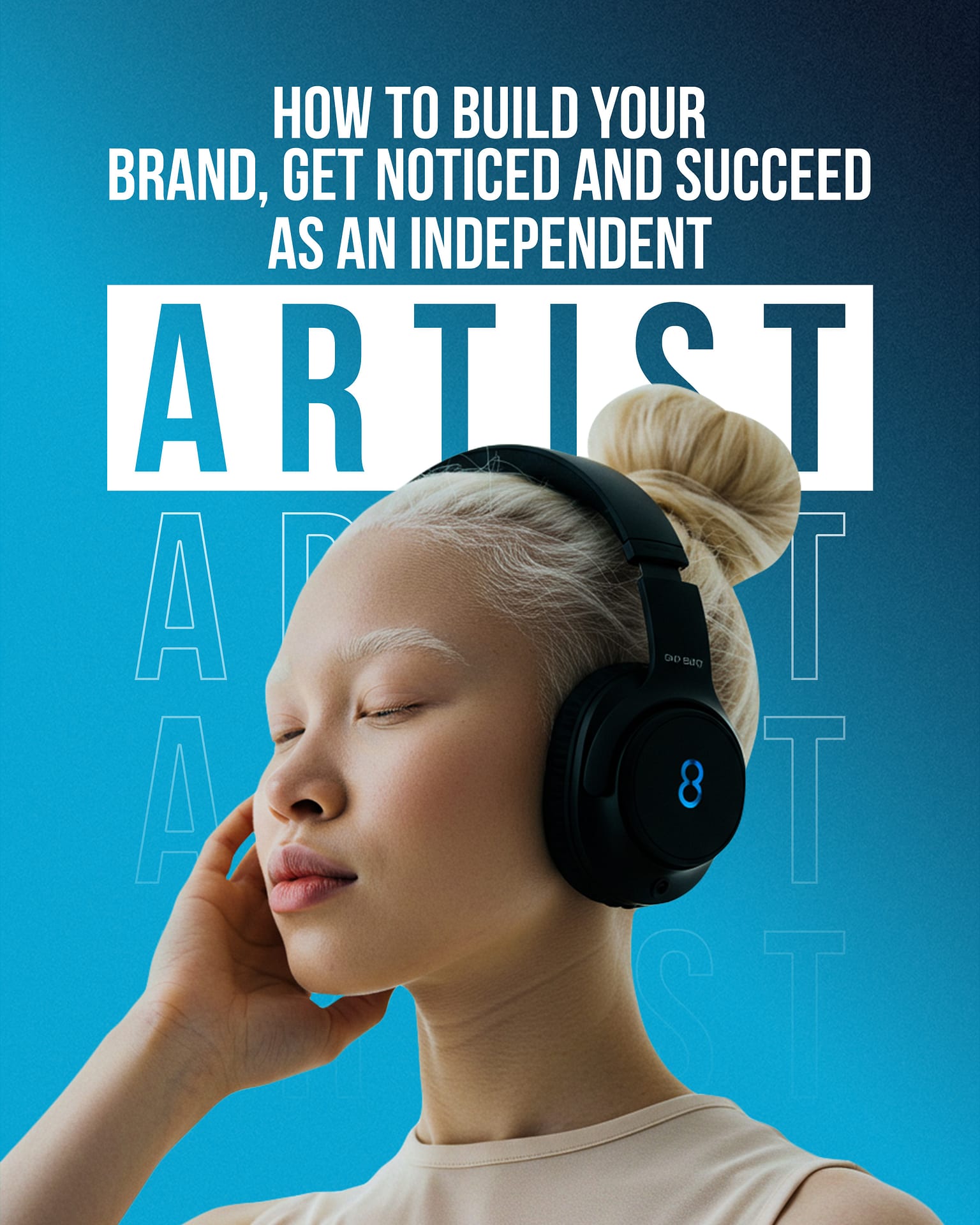California’s Own Ismay Paints the Landscape of Americana-Folk Music with Rich, Earthy Hues.
California’s golden vistas carry the reverberations of a heartfelt tone, which the mountains softly reflect.
Avery Hellman, better known by their stage name Ismay, is an engaging folk/Americana musician whose music beautifully reflects the spirit of her native California.
As early as 2020, publications like American Songwriter and No Depression were raving about the first album “Songs of Sonoma Mountain” by Ismay. Their songs are an oral history of the American West, drenched in legend and the golden light of a fading sun.
The expansive, starry skies of Sonoma Mountain are the perfect backdrop for the symphonic splendour and compelling storylines of Ismay’s music, which will draw you into their universe whether you’re a seasoned listener or just discovering the genre for the first time.
Their early exposure to artists like Emmylou Harris, Gillian Welch, and Hazel Dickens sparked a lifelong interest in music.
Ismay honed their skills under the tutelage of the greats throughout their early years working backstage at their grandfather’s annual Hardly Strictly Bluegrass Festival.
Ismay was included in the Kacey Musgraves and Reese Witherspoon-produced Apple TV+ series, “My Kind of Country,” further validating the worldwide acclaim for their genuine country sound.
Their most recent release, “Stranger in the Barn,” takes listeners on a thrilling adventure through the family barn’s rural boundaries, where they meet a mysterious stranger. recording took place at Echo Mountain in Asheville, North Carolina, with Andrew Marlin (Mandolin Orange, Watchhouse) as the head of the production.
Like its predecessor, the title track of their upcoming second album, “Desert Pavement,” combines rich stories with enticing melodies. The song, which is based on an actual event that occurred at their family’s ranch, is an exploration of kindness and understanding towards strangers in the style of an inviting Americana-folk ballad.
Ismay has carved out a special place in the Americana-folk genre with a sound that is as varied and lush as the places they sing about.
What would you say is your greatest strength as an artist?
My greatest strength is my ability to create and collaborate with a gentleness that allows others to open up.
There’s so much vulnerability that’s needed to put new creative ideas out there, and I love creating a space where others are able to experiment without fear of judgment, and where they can feel valued.
Because I’m more of a listening and contemplating type of person, when I do have something to say through my music or words, I think it’s worth listening to.

What is your creative process when making music?
I love to focus on deep work when I am making music. Whether I am practising for a performance, writing a song, recording, or gathering inspiration, I make sure I am giving it my full attention and effort for a long period of time.
Most of my time in the creative process is focused on songwriting, and I like to sit down for an hour and a half with no distractions and repeat that process over and over again until I have songs I am really excited about.
Making records for me is an expanded version of that–I ensure when I’m recording that I’m not distracted by other tasks and my mind is fully in the studio.
How long have you been making music and what attracted you to it?
While I took lessons as a kid, I really started making music intensively when I was 19 and got involved in the bluegrass/folk scene of the Bay Area of California.
I was attracted to making music because it is the one type of art that completely immerses me in the present, and playing or watching great music is unlike anything else. It makes me feel like I am in a space beyond time and somehow connected with the past and everyone around me.
What is the biggest challenge you have had to overcome as an artist so far?
I struggle with the boundary where I feel comfortable sharing my inner life, and where it feels like I’m letting out something too personal. In my songwriting, I love to find ways to let my inner voice out.
Generally speaking, I am a private person who is not assertive, but music gives me the chance to express what I really feel. It’s more challenging when it comes to sharing my inner life beyond songwriting.
This is not something that will go away, so I’ll have to continue figuring it out. When I watch things I’ve done like being on the My Kind of Country tv show on AppleTV, it’s tough because I don’t really feel comfortable being seen so openly.
I mostly put myself out there so I can have more chances to play my music in front of people and collaborate with great musicians and artists.
What streaming sites do you think offer the most value to a band?
I’ve really enjoyed working with Apple Music, and also my favourite place to point people to is Bandcamp because it allows people to actually purchase the music from the artist directly.
How do you think social media or the internet has affected the music scene in America?
I have concerns about the way social media has affected the relationships between individuals in our society. The interactions on social media are no replacement for real life, and oftentimes the more time we spend on social media the more lonely we feel.
Musicians experience this more than most because sharing our work often entails using social media. That being said, I think the more toxic recent mechanisms of social media have made the need for in-person musical interactions like concerts or jams more vital to our thriving as people.
I use it like anyone else to get the word out, but I hope everyone (myself included) can remember to focus on the real person-to-person forms of music and art as they are much more deeply important to creating meaning in our lives.
What are your friends and parents thoughts on your career?
I always get nervous about not asking too much of my friends and parents when it comes to my career.
Without a doubt, I completely rely on their support, but I want them to be part of my musical career because they are excited about it.
That being said, I think they are enthusiastic and hopefully surprised by what I have created. At my 30th birthday party, my Dad said that I sometimes hide things I am working on which end up taking him by surprise (like announcing I’m going on a long horseback trip).
That’s not intentional to be keeping things secret, but I do like to protect my inner life somewhat until I’m ready to share it through my music.
What does “Stranger In The Barn” mean to you?
“Stranger in the Barn” is an allegory about what we can choose when we feel fear of otherness.
It’s the story of a farmer who finds a stranger sleeping in their barn and has to decide what to do about it before he wakes up.
Often times we want to meet the unknown with a defence, but there are so many possibilities when we jump out of our lizard brain and consider openness.
What is one message you would give to your fans?
I am so grateful to anyone who takes the time in this busy life to sit and listen to my work. I put the most time and effort into it that I can manage because I really want others to encounter something new inside themselves that they aren’t always aware of.
I want fans to see themselves reflected in my work, and to realize that when something really connects with them it’s because each of us has the other within.

